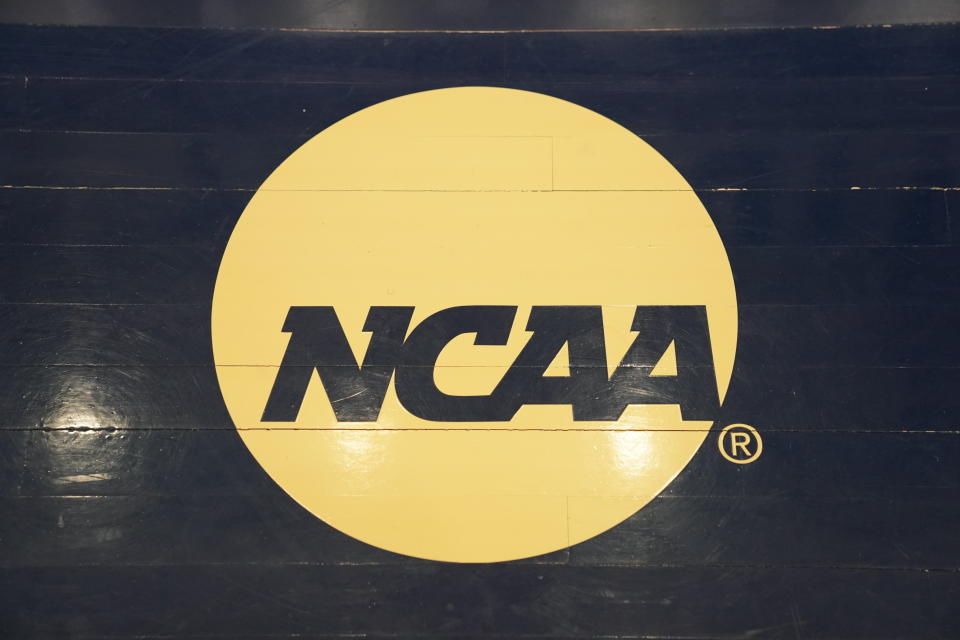NCAA introduces proposed rules for how athletes can profit off name, image and likeness
The NCAA announced its proposed plan for how student athletes will be able to make money off the use of their name, image and likeness on Friday — something that will be allowed for the first time starting on Aug. 1, 2021 — according to USA Today.
The proposal is set to be voted on by the NCAA Division I Council in January. Conferences are allowed to submit any amendments to the proposal until Dec. 15.
NCAA proposes NIL rules
The NCAA’s proposed rule changes allow athletes to use their name, image and/or likeness to “promote … athletically and nonathletically related business activities (e.g., products, services, personal appearances),” per the report. They can mention their school, team and sport while doing so, but can’t use any logos or other institutional marks.
Athletes won’t be able to promote any product or service that conflicts with NCAA legislation — they couldn’t promote sports betting or marijuana, for example — and couldn’t promote “an athletics equipment company or manufacturer” that has a deal with their current institution — meaning a quarterback who plays at a school sponsored by Nike couldn’t then appear in Nike commercials.
Schools will also be able to stop athletes if any sponsorship conflicts “with existing institutional sponsorship arrangements.” For example, if a university has a sponsorship deal with a specific local car dealership, the school could then stop an athlete from appearing in a commercial for a competing dealership in town.
Athletes will also be able to profit off of autographs or providing instruction, and can sell memorabilia once they have run out of eligibility. They can also start using crowdfunding sites, like GoFundMe, to raise money for educational expenses.
The NCAA, per the report, will also have athletes who engage in these activities to disclose them to “an independent third-party administrator.”
“Boosters may be the most likely sources of opportunities for student-athletes to engage in name, image and likeness activities,” the NCAA said, via USA Today. “Student-athletes should be permitted to take advantage of legitimate opportunities, even if the source of the opportunity comes from a booster of the institution.”
Several states — including Colorado, California, Nebraska, New Jersey and Florida — have passed laws that allow student-athletes to engage in this behavior, though some laws conflict with the NCAA’s new proposals.

More from Yahoo Sports:

 Yahoo Finance
Yahoo Finance 